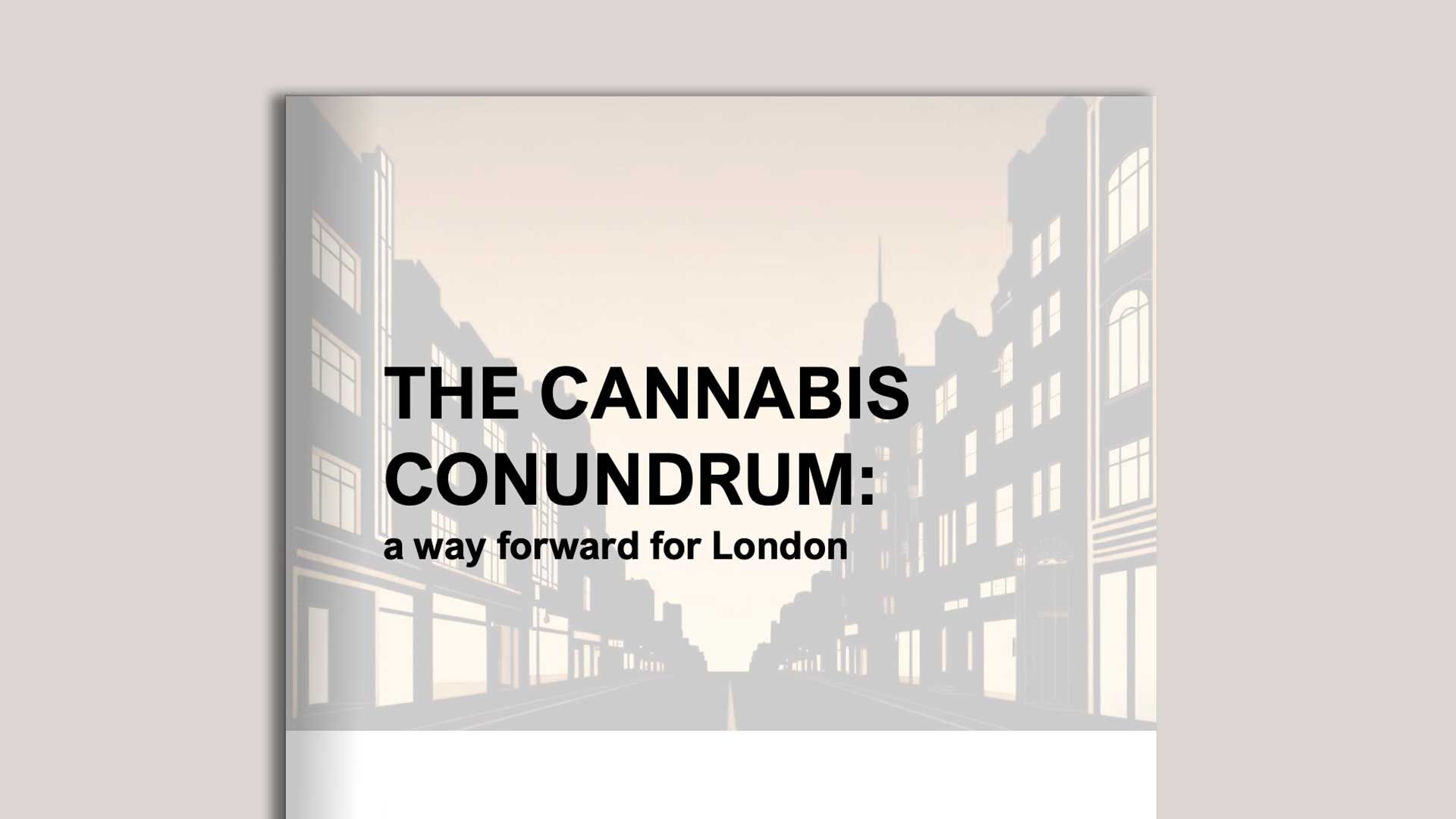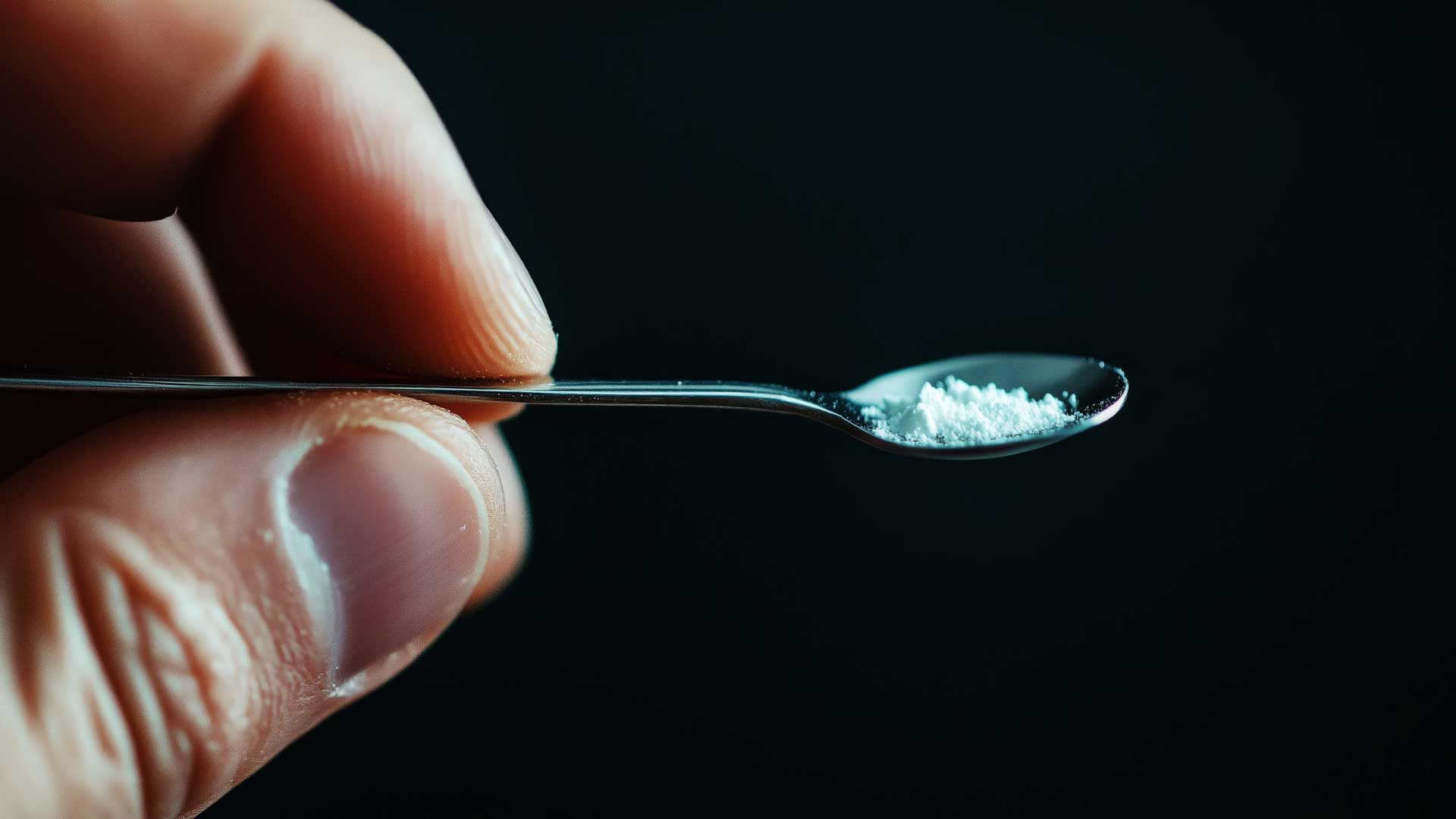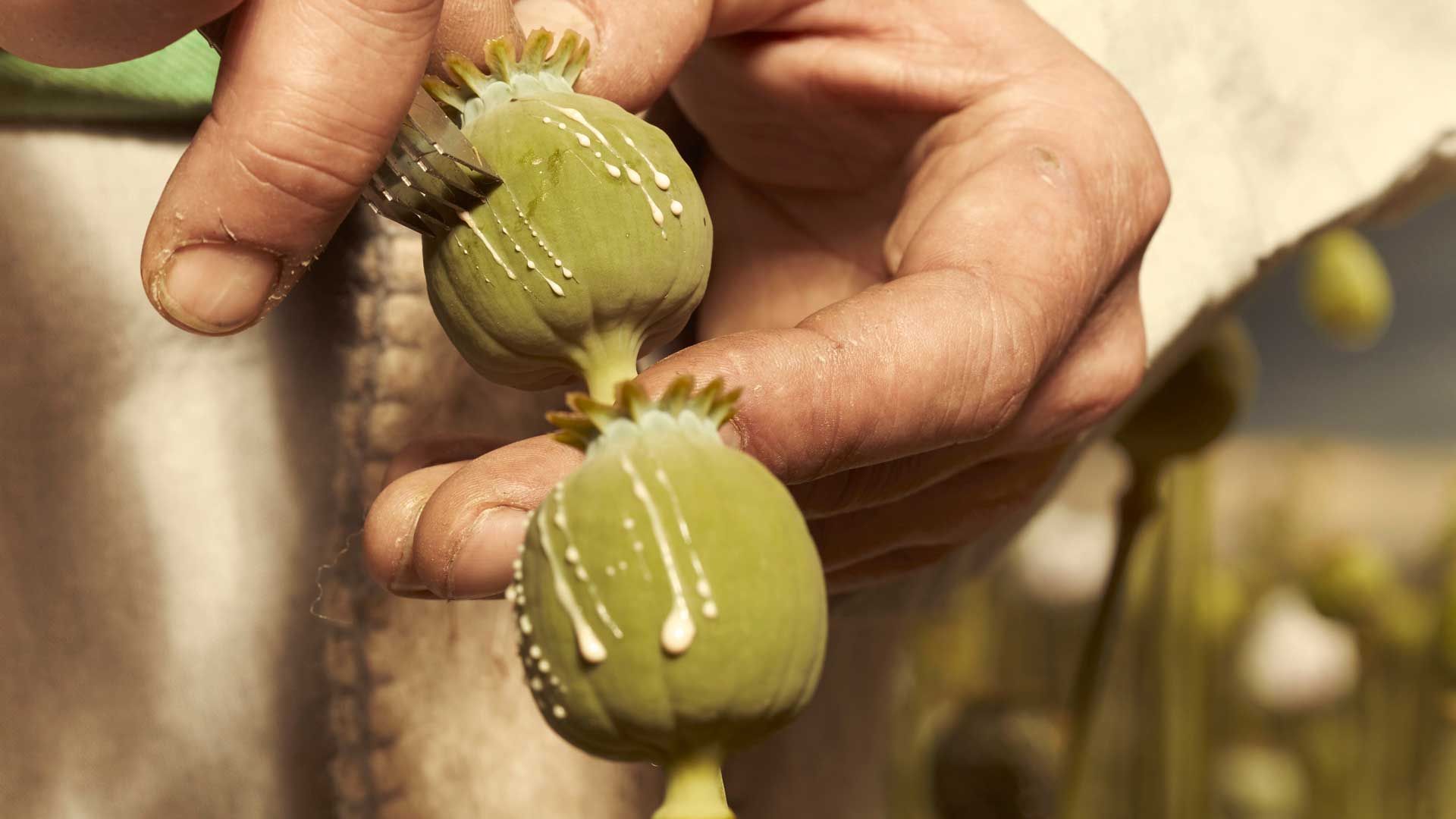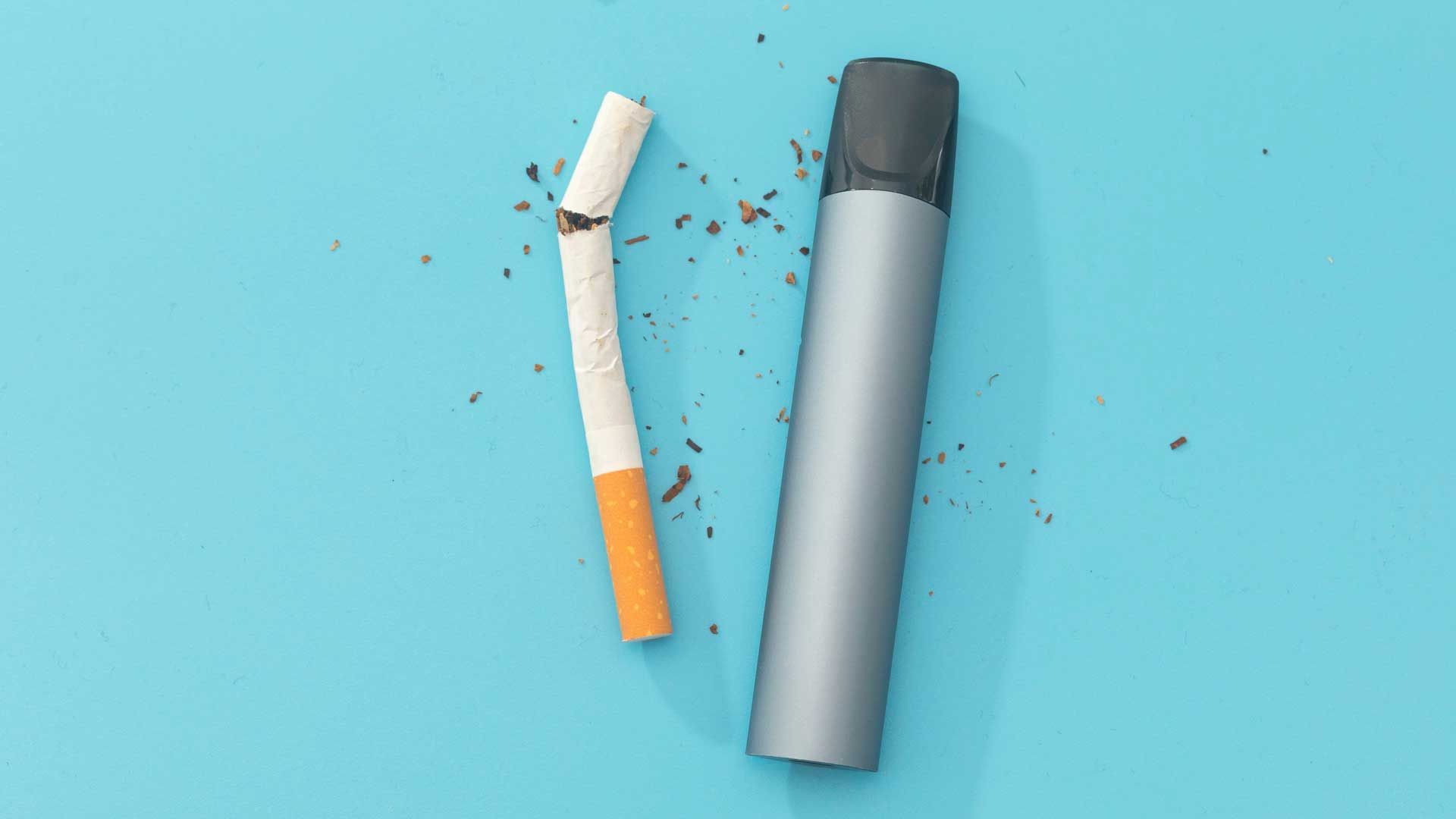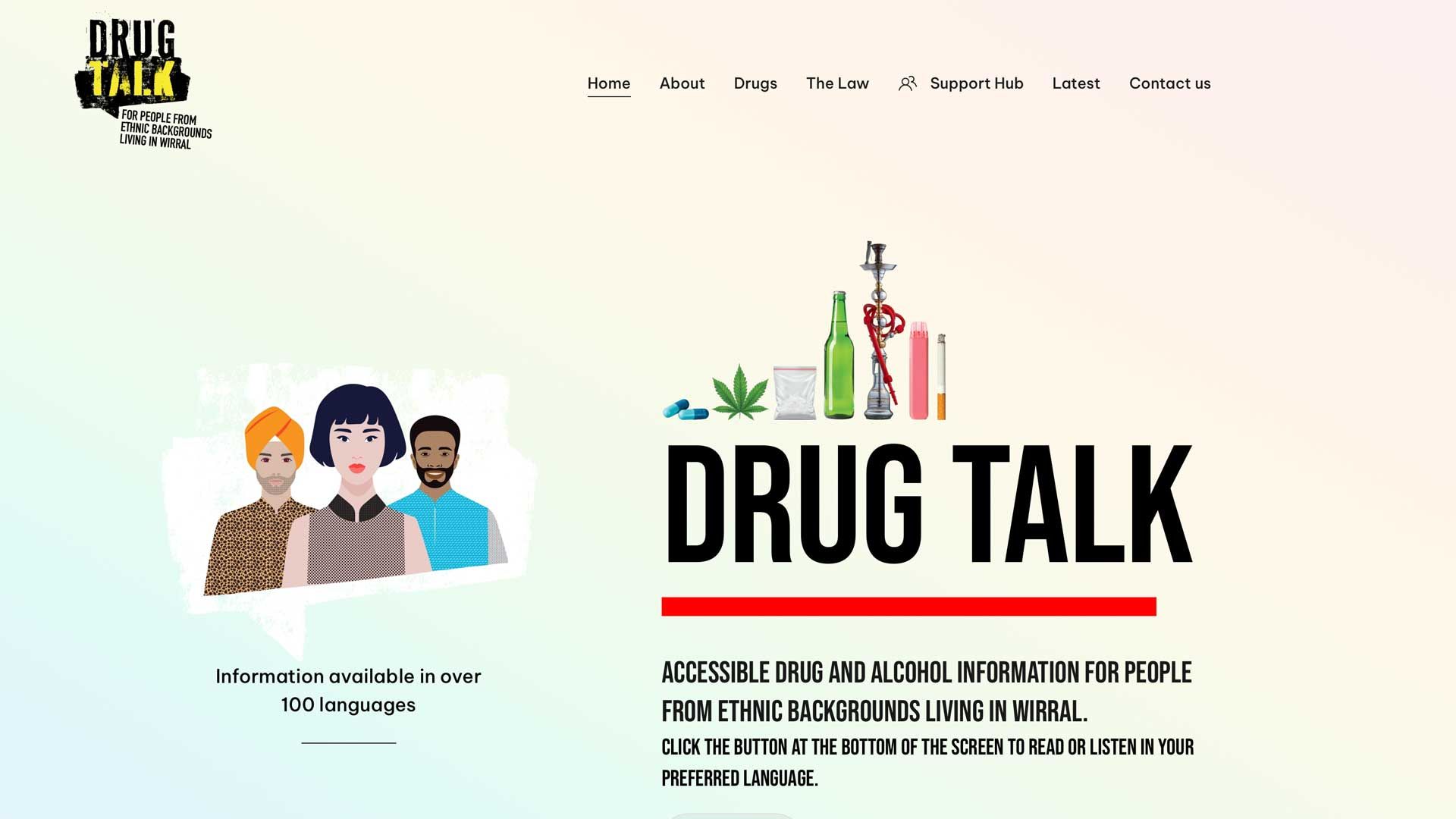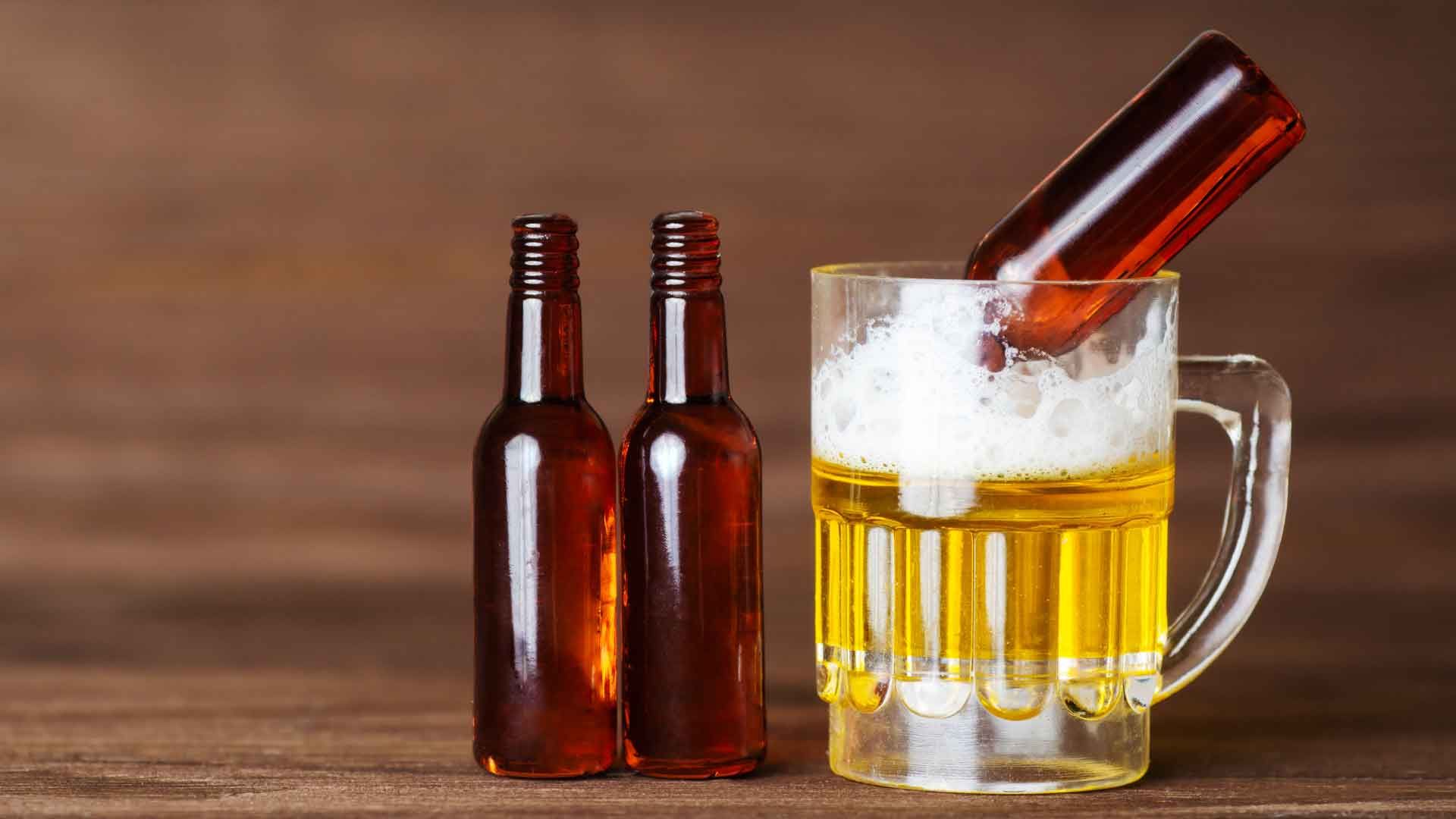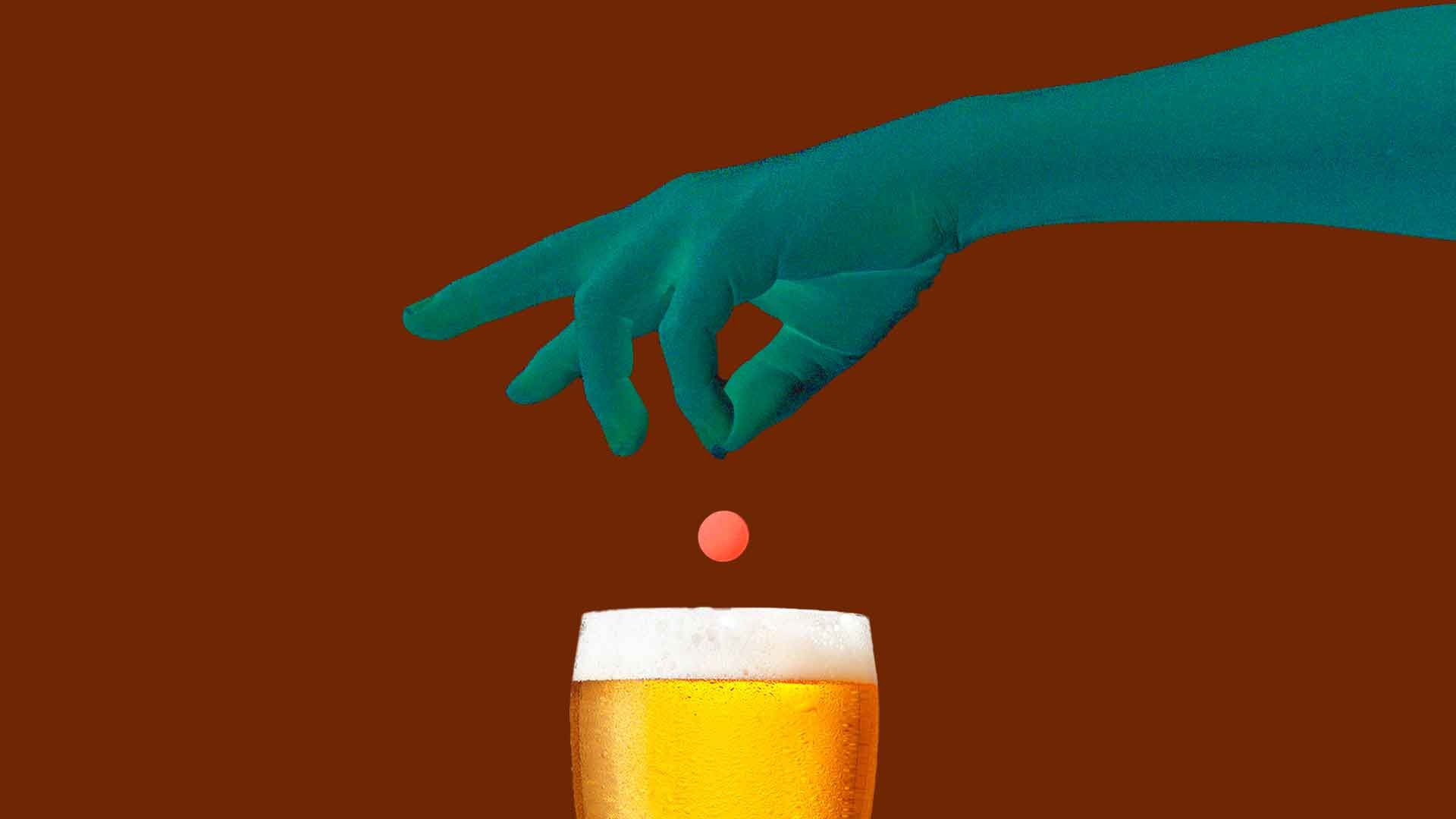English schoolchildren unknowingly smoking spice-spiked vapes, research shows
Hundreds of vapes seized from pupils in English secondary schools contain spice
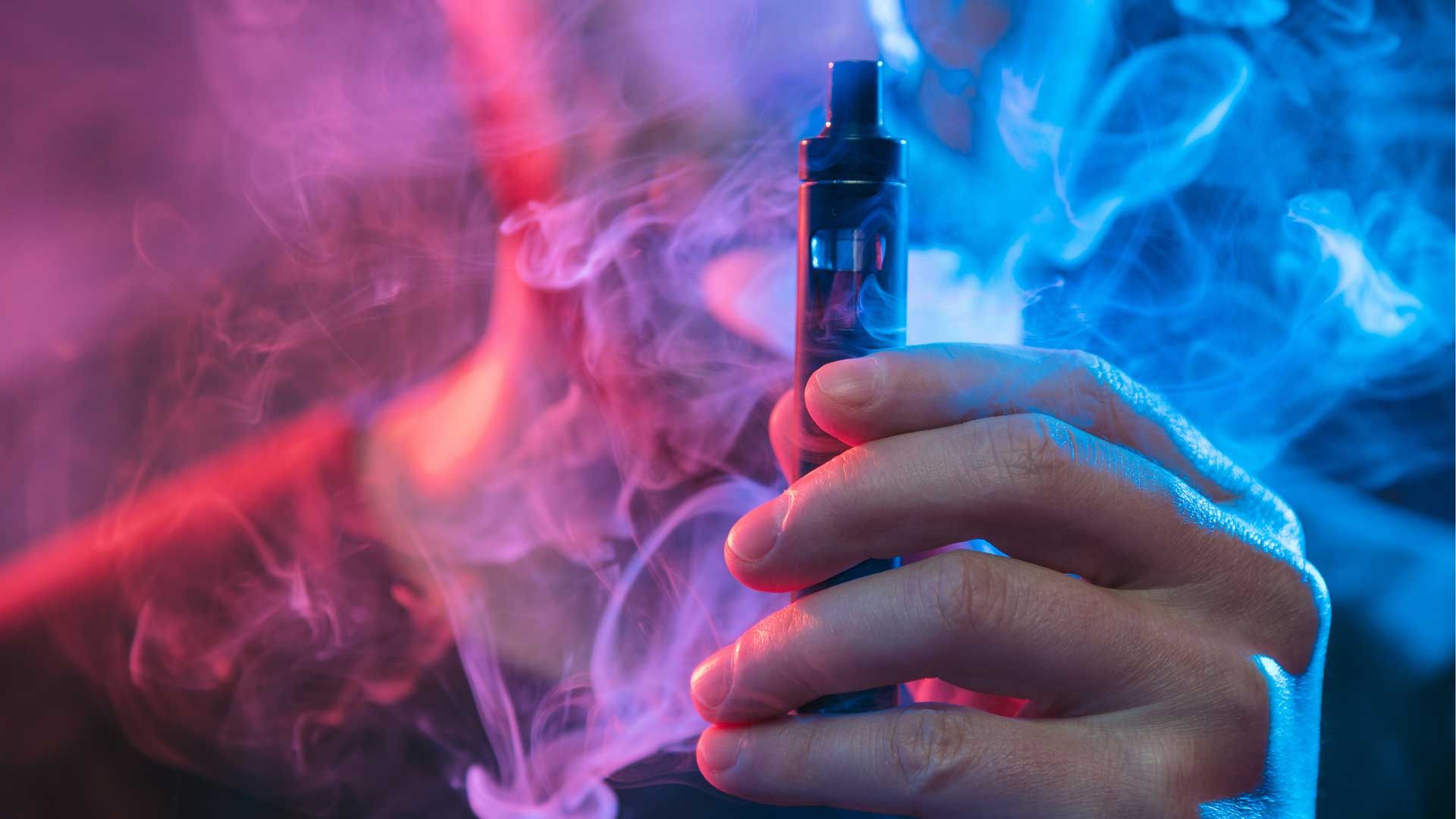
Hundreds of vapes seized from pupils in English secondary schools contain spice — a dangerous synthetic cannabinoid often associated with severe health risks — according to new research by the University of Bath.
The study, led by Professor Chris Pudney from Bath's Department of Life Sciences, analysed 596 vapes confiscated from 38 schools across London, Greater Manchester, the West Midlands and South Yorkshire.
Using a portable testing device that detects synthetic drugs, Pudney's team found spice in 16.6% of the samples, while just 1.17% contained THC, the main psychoactive component of cannabis. Spice was detected in vapes from 28 of the 38 schools tested.
The findings have prompted renewed concern from schools and police, particularly ahead of the summer holidays. Professor Pudney said many young people may believe they are using vapes containing THC or nicotine, without realising they could contain synthetic cannabinoids like spice.
At St Ambrose Barlow RC High School in Salford, two students became unwell after using a vape believed to be contaminated. Some pupils in other incidents have required hospital treatment.
Headteacher Ben Davis described the Salford incident as distressing for pupils and staff, and encouraged parents to talk openly and supportively with their children.
In response to the findings, Devon and Cornwall Police have started using the University of Bath's portable spice detection device to test seized vapes. Chief Inspector Sarah Johns said it would help officers "ascertain the scale of this issue in their local areas and target resources most effectively".
Greater Manchester Police's Organised Crime Unit said it was prioritising the seizure of illegal and unregulated vapes, warning that "unscrupulous vape sellers have no place in our communities" and stressing the importance of education in reducing supply.
Warnings about contaminated vapes have also been issued in Kent, Lincolnshire, Lancashire, Somerset, London, Middlesbrough and the West Midlands, suggesting the issue is widespread.
Pudney has called on the government to make this a national priority, urging the Home Office and Department for Education to issue clearer harm reduction guidance for schools and police. He plans to publish a pre-print of the research in mid-August, with a full academic paper to follow later this year.
Spice is a synthetic cannabinoid designed to mimic the effects of cannabis. It is typically sprayed onto herbal material and smoked, or added to vaping liquids.
First appearing in Europe in the mid-2000s, spice products have since developed into hundreds of different chemical variants.
These changes are driven not only by attempts to circumvent drug laws but also by inconsistent manufacturing practices and shifts in the availability of ingredients. As a result, the potency and content of spice can vary widely from batch to batch, making its effects highly unpredictable and increasing the risk of serious harm.
To order educational resources about THC vapes visit our THC vapes leaflet page.
Sources
University of Bath press release: English school children unwittingly smoking spice-spiked vapes, 25 July 2024 (updated 7 March 2025)


